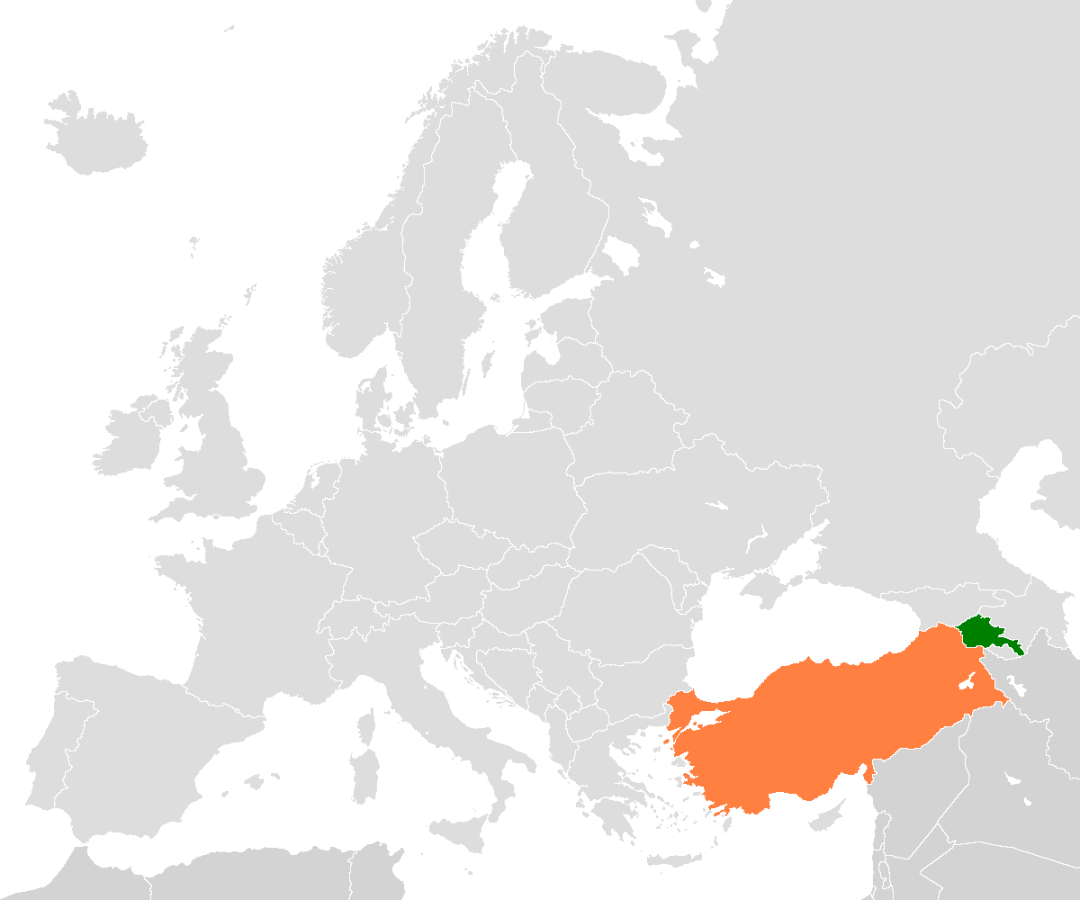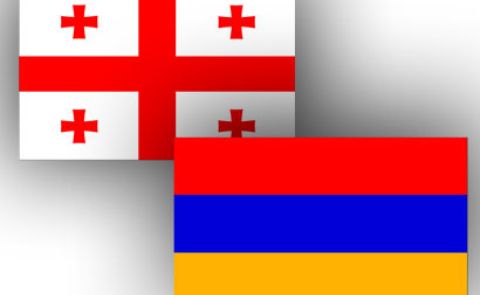
Armenia-Turkey Normalization Looks More Promising

On January 14 Armenian and Turkish delegations held their first bilateral meeting in Moscow. This is the third time the two countries attempt to pursue normalization since 1990s and the first time since 2009 when Ankara’s and Yerevan’s last serious efforts failed because of both internal pressure and most of all external diplomatic intervention.
Third attempt could be more promising as presently Armenia and Turkey face fewer obstacles to the normalization process. Political elites in both capital seem serious about reaching a certain rapprochement. Risks persist as Russia seems skeptical about how the process will benefit its interests vis-a-vis Turkey’s growing position. Azerbaijan too is fearful lest the success compromises its more dominant position against Armenia. Nevertheless Ankara and Yerevan seem closer to a historical breakthrough than ever since 2009.
The January 14 meeting did not produce a breakthrough, but significant progress was not expected either. The sides met, discussed and agreed to proceed with another round of negotiations. Both Armenian and Turkish officials were ebullient with Turkish Foreign Minister Mevlut Cavusoglu stating that “the goal is full normalization. Armenians are also very happy with it.”
Armenia-Turkey ties were cut off in 1993 and border closed as a result of the first Nagorno-Karabakh war when Armenian troops occupied the territories of Azerbaijan around Nagorno-Karabakh. Some serious efforts with Western mediation were made in 2008-2009. But the “football diplomacy” did not produce meaningful results because of Azerbaijan’s opposition to the potential deal. Ever since, the normalization process from the Turkish side was contingent upon Yerevan making concessions in the Nagorno-Karabakh issue. Yerevan was unwilling to and the relations with Ankara remained stalled.
Presently however the situation has much changed favoring the normalization process. The 2020 war changed the regional dynamics. Baku’s victory erodes a major obstacle to Ankara-Yerevan talks: Baku now sees the normalization as fitting into its overall agenda of restoration of connectivity from Azerbaijan to Turkey through Armenia’s southern-most province of Syunik. Armenia-Azerbaijan will have little benefit to Baku if no similar progress is made between Ankara and Yerevan.
Another power which also has high stakes in the normalization is Russia. It is however unclear how Moscow will be accruing advantage from the process. Armenia’s closed borders with Turkey and Azerbaijan made Yerevan economically ever dependent on Moscow. Perceived threat from Turkey has so far justified the presence of Russian forces in Armenia. This makes Moscow’s tacit support for normalization all the more surprising. Most probably, seeing the inability to resist Turkey’s penetration into the South Caucasus, Russia has to play along and try to influence the normalization process. In November 2021 Moscow announced it was ready to play a mediating role. One possilibility for Russia to view the process in a positive light is that it will have a direct railways link to Turkey through Azerbaijan and Armenia. However, considering the focus Russo-Turkish relations being the Black Sea, the longer, costlier, and ultimately more unstable South Caucasus route might not be what Moscow is hoping for.
Turkey understands it would be impossible to keep Russia at bay, but it wants as much independence in the process as possible. This explains the Kremlin’s effort to offer Moscow as a venue for negotiations process. Ankara first was circumspect, but agreed in the end. This also explains why, according to some diplomatic sources, Ankara argued that the next meeting should be held either in Yerevan or Ankara.
Armenia and Turkey are set to benefit from the normalization process. The open border with Armenia will be providing Turkey with yet another corridor to Azerbaijan and the wider Caspian region where Ankara has been recently actively working to re-invigorate its power. Turkey disrupts the status quo, helps the region to open up and thus dilutes Russia’s power in the South Caucasus. East-west connectivity will thus receive a major boost as against Russia-favored north-south infrastructure.
The ongoing push for improvement of ties follows earlier positive steps when Yerevan allowed Turkey and Azerbaijan to use Armenian aispace. The Armenia government also introduced a five-year government action plan with the normalization of relations with Ankara as one of the priorities. Yerevan also lifted embargo on Turkish goods starting from 2022. For Armenia the normalization is primarily about renewing trade and possibly opening of the border with Turkey. The second Nagorno-Karabakh war betrayed Armenia’s weak economic and military position. Exports to Turkey would help Armenia improve its poor economic record and open up new areas for cooperation. Indeed, Indirect trade remained stalled for years and was just a meagre $3.8 million in 2021. Moreover, Turkey could also act as a transit for bilateral trade with the EU.
On a geopolitical front the normalization could help Armenia mitigate its fears of Azerbaijan-Turkey military alliance. Ankara will be less likely to risk undermining improved bilateral ties with Yerevan. This is not to say that Azerbaijan and Turkey will have fewer incentives to work together, but to underline that the improved ties with Armenia will simply show the need to resort to military tools will decline.
As usually happens with similar significant developments, there are still risks potentially hampering the effort. As argued Russia’s benevolvence in hosting the negotiations process is far from manifesting its real intentions. Yet another player which regards the normalization with scepticism is Iran. The Islamic Republic which is struggling to retain its weakened position in the region as a result of the 2020 war, sees Turkey’s success as more thretening than what the traditional Russian power constitutes. Moreover, Baku is also not entirely comfortable. There are also nationalist groups in Armenia and Turkey which oppose normalization efforts. Parts of the powerful Armenian diaspora are also skeptical about renewed talks with the Turks.
Overall, however, there seems to be far greater incentives behind the normalization than before. Changing geopolitics in the region as well as reconsideration by Armenian side of some long-held ideas about Yerevan’s ties with Ankara propels both countries to seek concrete progress. The opening of the border might be the end result the two sides are aiming at.
Emil Avdaliani is a professor at European University and the Director of Middle East Studies at Georgian think-tank, Geocase.
See Also


Economic Cooperation Between Armenia and Georgia: Potential and Challenges Ahead

Russia and Occupied Abkhazia: A New Type of Relations

Georgia and US: From Close Ties to Caution

Armenia and Georgia Strengthening Trade and Infrastructure Under Global Shifts and Sanctions

